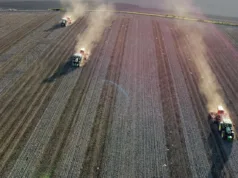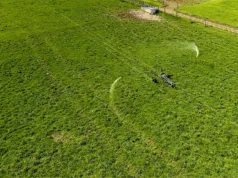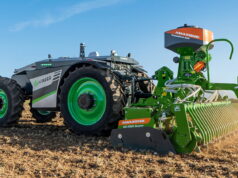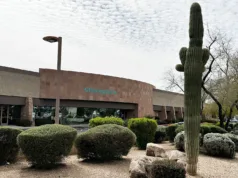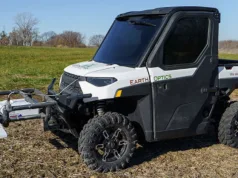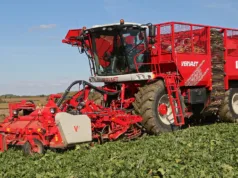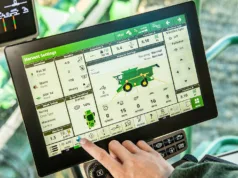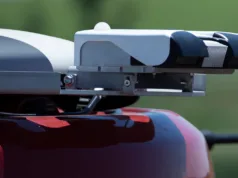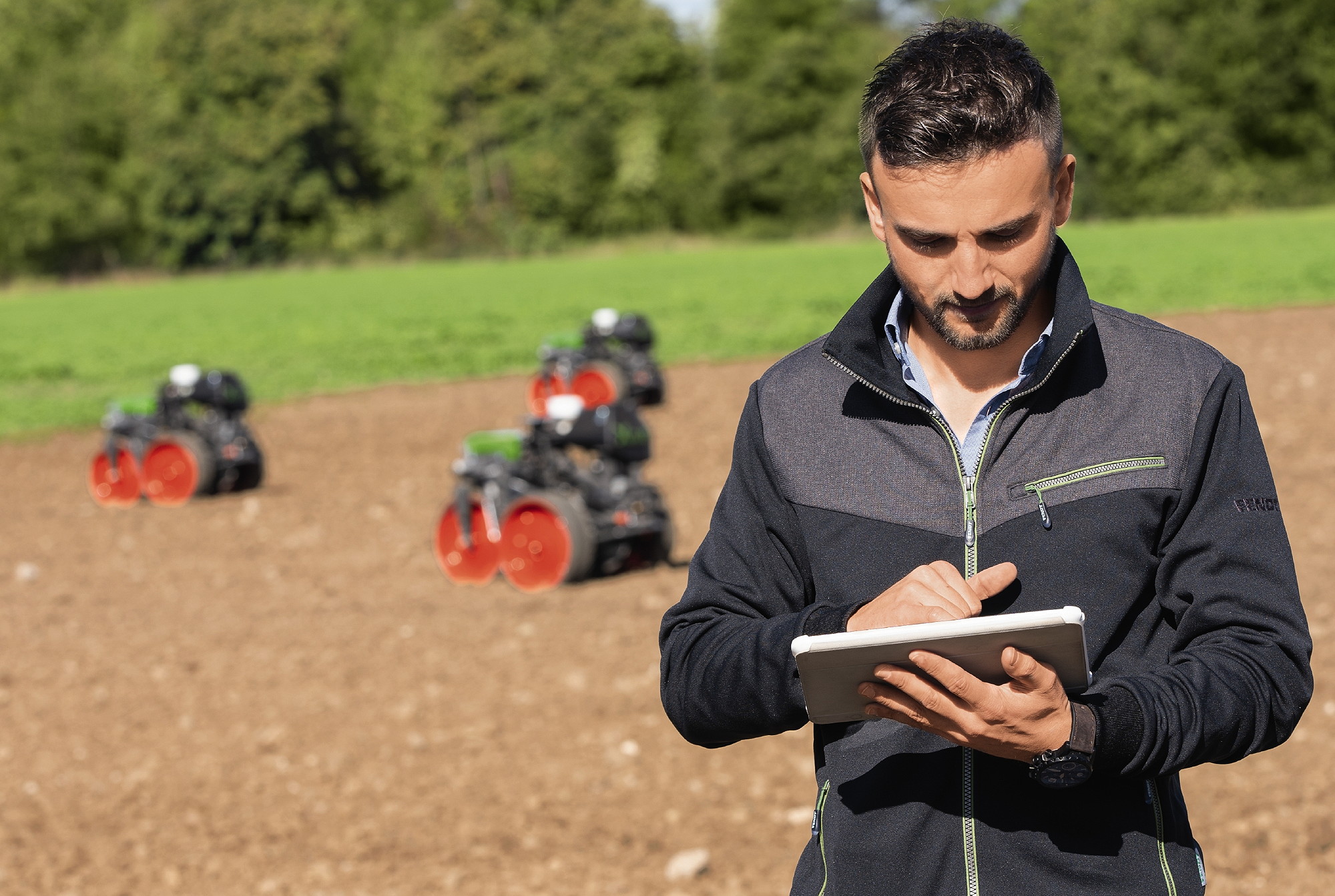
The commercialisation of crop robots in Europe is stymied by regulation, according to Harper Adams University researchers.
The holder of the Elizabeth Creak Chair in Agri-Tech Applied Economics at the uyniversity, Professor James Lowenberg-DeBoer, highlighted the current use and regulation of crop robots across Europe during a recent virtual presentation to the Bavarian State Research Centre for Agriculture.
His session drew on the work Harper Adams academics have completed alongside colleagues in the UK, Europe and the United States. This suggests the use of crop robots has not yet been fully realised – and that the correct regulatory environment needed to maximise their effect will need careful consideration.
As part of this work, Professor Lowenberg-DeBoer used the Harper Adams Hands Free Farm economic model to estimate the impact of various regulatory options and their impact.
“Crop robots have the potential to transform UK agriculture and create entrepreneurial opportunities on small and medium sized farms,” he said, “but it needs the right kind of regulation to foster the development and use of the technology.”
The session was viewed by researchers and professionals from across Europe, and Professor Lowenberg-DeBoer is in the process of preparing the research he presented upon for publication.
The British Standards Institute has also started the process of creating a code of practice for autonomous crop equipment in the UK based on some of the findings presented during the session. This work will be supported by academics at Harper Adams – including Karl Behrendt and Iona-Yuelu Huang – who’ll be providing technical analysis as the code is developed and examining the economic consequences various code of practice rules may have.


